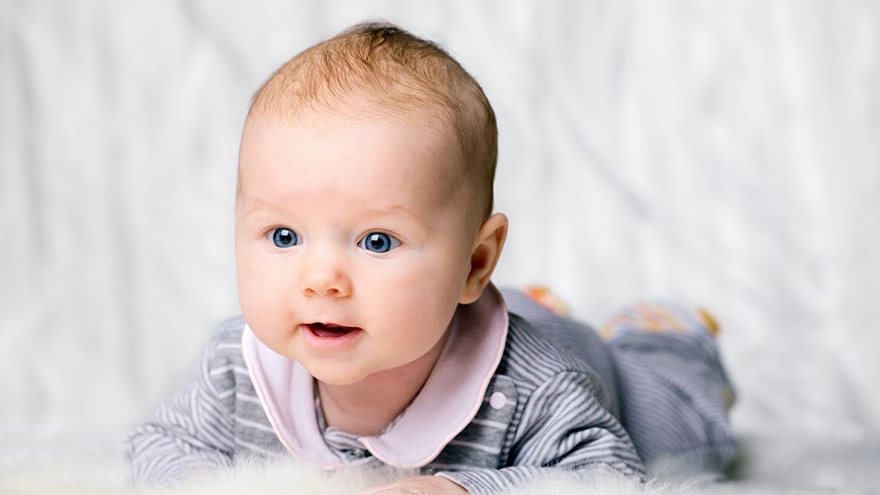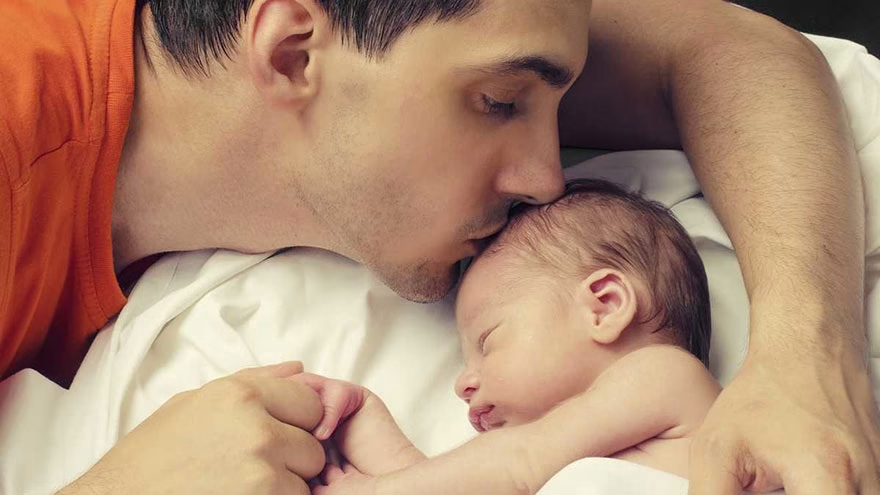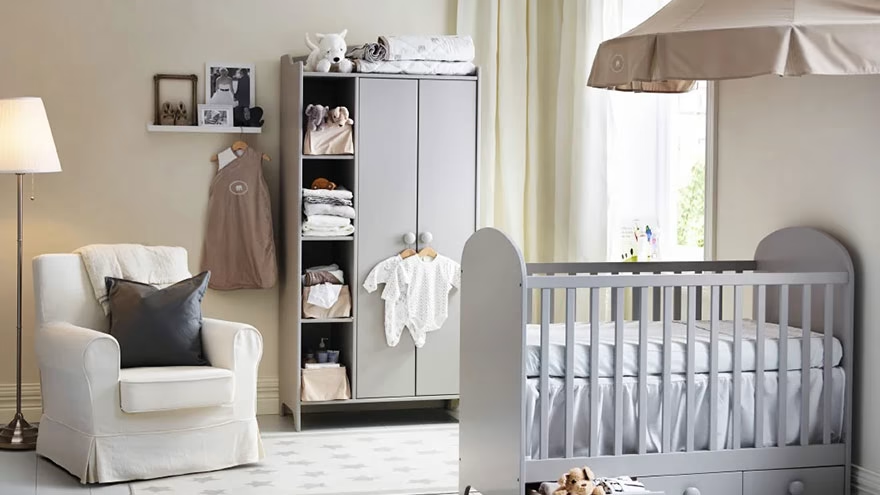Whatever the reason, parents can be comforted by the fact that, although they can be annoying and uncomfortable, hiccups are not usually a health threat, even for a newborn baby.

Hiccup Physiology
Hiccups are caused by muscle spasms -- small, rhythmical spasms in the chest or throat. The majority of hiccup spasms occur in the diaphragm, which is a large muscle that sits above the stomach.When the diaphragm spasms, it causes a quick breath, which is subsequently blocked by the closure of the glottis, or the vocal cords. This creates the distinctive "hic" sound.
Hiccup Causes
Spasms in the diaphragm are usually caused by an irritated stomach, often irritated because it is too full. In the case of newborn babies, the stomach is usually irritated because the baby drank too quickly or took in too much air while she drank.Hiccups can also be caused by emotional stress or too much excitement. If a hungry baby has to wait to long to eat, she might develop hiccups from all the crying.
Preventing Hiccups
It's likely your newborn will get hiccups at some point, no matter how carefully you feed her. Still, there are ways you can try to prevent hiccups. Feed your newborn before she is frantic with hunger. Burp your baby often as you feed her -- when you switch breasts if you are breastfeeding, and every 2 to 3 ounces if you are using a bottle.Using a nipple with a smaller hole can also unhurried down the flow of milk into the throat, and holding the bottle at a 45-degree angle can reduce the amount of air that enters the baby's mouth. Breastfeeding mothers should make sure the baby is latched on tightly, with no air entering the corners of the mouth.
Curing Hiccups
If your baby is hiccuping so much that it interferes with feeding and burping her doesn't work, try waiting a few minutes. Often, the hiccups will end within five to 10 minutes, according to the American Academy of Pediatrics.If not, go ahead and try feeding her again. Sometimes this helps stop the hiccups.
Persistent Hiccups
Hiccups do not usually signal an underlying medical problem, but they can be a symptom of gastroesophageal reflux and other similar medical conditions. If your newborn's hiccups are persistent or last several hours, or if she seems to be in pain and spits up often, consult your pediatrician.You Might Also Like : How to Ease Newborn Hiccups
Check out the video version of this article on YouTube
httpv://www.youtube.com/watch?v=go-a4TABLlM
Save for later
Found this helpful?
Pin this article to your Pinterest board and come back to it whenever you need a reminder.
Save to Pinterest


